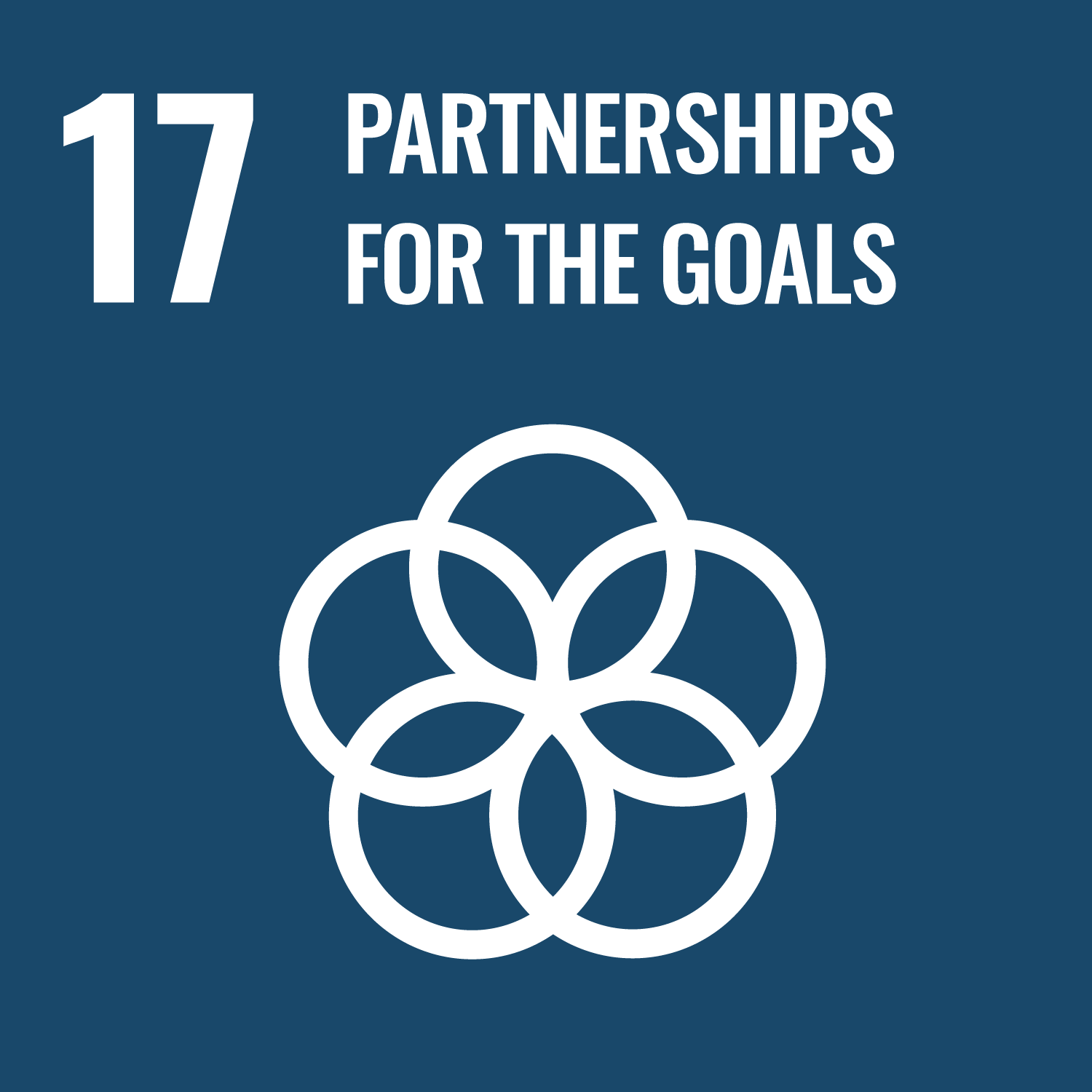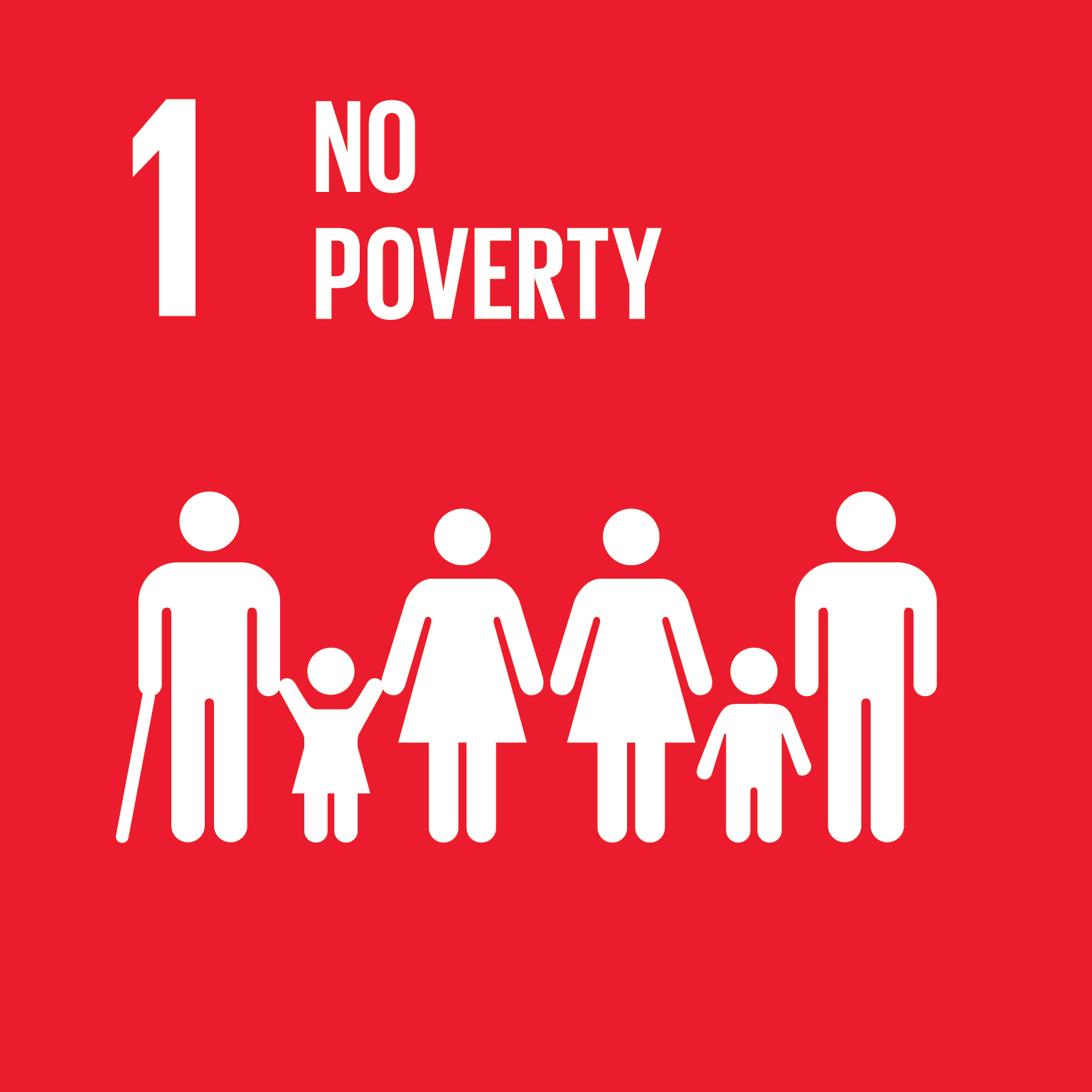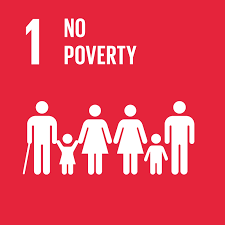AfDB-Brazil South-South Cooperation Trust Fund
A fund to promote South-South partnerships and knowledge-sharing among African countries
Challenges
Over the years, experiences in the international development community have shown that sharing development knowledge and expertise is crucial to finding relevant, effective and efficient solutions to common development challenges. There remain enormous potential and urgency in further exploring and harnessing the opportunities for South-South cooperation, especially in Africa. Among the current impediments to greater South-South cooperation are limited institutional capacity, lack of access to financial resources, and a disconnection between supply and demand. In recent years, Brazil has emerged as a major player in the international development community, having demonstrated successful poverty reduction through sustainable economic development. Brazil has also been pivotal in promoting South-South cooperation.
Towards a Solution
In March 2011, AfDB approved an agreement with Brazil for interregional cooperation to strengthen the South-South Cooperation Trust Fund. Developing countries have accumulated effective development practices, and an increasing number of developing countries have demonstrated strong achievements in various domains, which are of great use to support the development efforts of other countries. The objective of the Fund is to use Southern-acquired experience in many areas to support African countries in mobilizing and taking advantage of such achievements, especially in terms of development solutions and technical expertise available for catalysing economic growth. The Fund aims to achieve significant impact on areas such as agriculture and agri-business, private?sector development, clean energy/environment, governance, health and social development.
The Fund also seeks to promote South-South partnerships and knowledge-sharing among middle-income countries (MICs) and between MICs and least developed countries (LDCs) in Africa. The ultimate goal is to introduce and implement solutions in all the areas of focus that can have a high development impact. As for the methodology, the aim is to provide support, in the form of technical assistance, for least developed and developing countries in: (a) the preparation of policy and sector studies, research and analysis; (b) capacity-building and human resource development; (c) the organization of seminars, workshops, conferences and consultations and knowledge-sharing on experiences; and (d) the implementation and piloting of innovative approaches to solve development challenges in regional member countries. The Fund is utilized to facilitate South-South knowledge-sharing, learning from best practices, know-how and approaches developed, applied and proved useful by countries of the South.
The responsibility for managing the Fund lies with AfDB. As the tool for engaging with targeted projects, the Bank issues a call for proposals for annual programming. Some of its multinational initiatives include the Nacala Road Corridor Development Project;, Supplementary Financing for Ethiopia-Kenya Electricity Highway and NELSAP [Nile Equatorial Lakes Subsidiary Action Programme] Burundi-Rwanda Interconnection. Nationally focused initiatives include Climate Change Adaptation for Sustainable Rural Water Supply in Lowlands in Lesotho; Integrated Programme for Food and Potable Water in Libreville, Gabon; and Preparation of Feasibility Studies and Detailed Designs for Faecal Sludge Service Chain Management in Un-sewered Urban Centres in Uganda. As for the Brazil-AfDB cooperation scheme, it was agreed that the Government of Brazil would provide the South-South Cooperation Trust Fund with $6 million to be allocated between ongoing development projects and new international actions. An interdepartmental technical review committee, chaired by the head of the unit, assesses the technical and financial viability of all proposals. An oversight committee, consisting of representatives of contributing donors, ensures the strategic orientation and overall policy governing the use of the Fund through its annual meetings.
The AfDB-Brazil South-South Cooperation Trust Fund works within the context of a broader South-South cooperation system, guided by the SDGs, Agenda 2063 of the African Union and the AfDB Group Medium-term Strategy for 2008–2012, developing intra- and interregional cooperation among MICs and LDCs. It also converges with the Brazilian foreign policy agenda of using multilateral institutions and South-South funds to promote sustainable development, with horizontal dialogue and no conditionalities of a political or economic nature. The idea of creating a Fund also consolidates the possibility of mobilizing the necessary credit and financial resources for locally demanded projects, with the use of national institutions and the domestic workforce in the guidance of practices and the achievement of results.
Contact Information
Mr. Daniel Ndegwa, Senior Investment Officer, African Development Bank (AfDB)
Countries involved
Global, Regional
Nominated By
Brazil Africa Institute (IBRAF)
Supported By
African Development Bank (AfDB), Government of Brazil
Implementing Entities
African Development Bank (AfDB)
Project Status
Ongoing
Project Period
2011
URL of the practice
https://www.afdb.org/en/topics-and-sectors/initiatives-partnerships/south-south-cooperation-trust-fundPrimary SDG
02 - Zero Hunger
Secondary SDGs
08 - Decent Work and Economic Growth, 10 - Reduced Inequalities, 12 - Responsible Consumption and Production, 17 - Partnerships for the Goals
Similar Solutions










